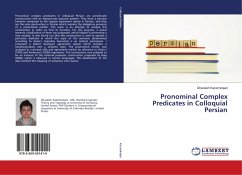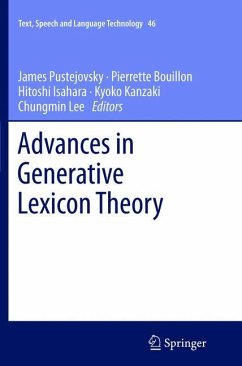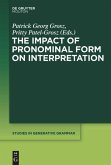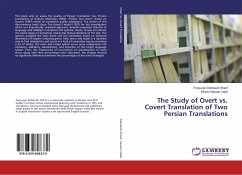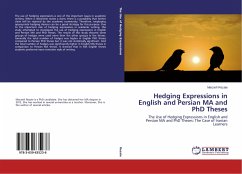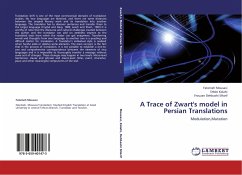Pronominal complex predicates in colloquial Persian are periphrastic constructions with an idiosyncratic syntactic pattern. They show a peculiar behavior compared to the regular agreement system in Persian, and they are the only construction in Persian which requires the obligatory presence of a pronominal enclitic. This work is an attempt to analyze this construction in order to find its function. For this purpose, a lexical semantic classification of them was proposed, which helped in presenting a new analysis. It was found out that this construction is used to express a particular diathesis in which the topic of the sentence (determined according to Givón's topicality hierarchy) is an indirect participant. I proposed a hybrid dual-layer agreement system which includes a morphosyntactic and a semantic layer. The pronominal enclitic was analyzed as a phrasal affix and agreement marker by reference to Givón's (1976) and Anderson's (2005) arguments. The construction was analyzed to be an instance of the external possessor construction proposed by Haig (2008), which is observed in Iranian languages. The classification of the data clarified the mapping of semantics onto syntax.
Bitte wählen Sie Ihr Anliegen aus.
Rechnungen
Retourenschein anfordern
Bestellstatus
Storno

